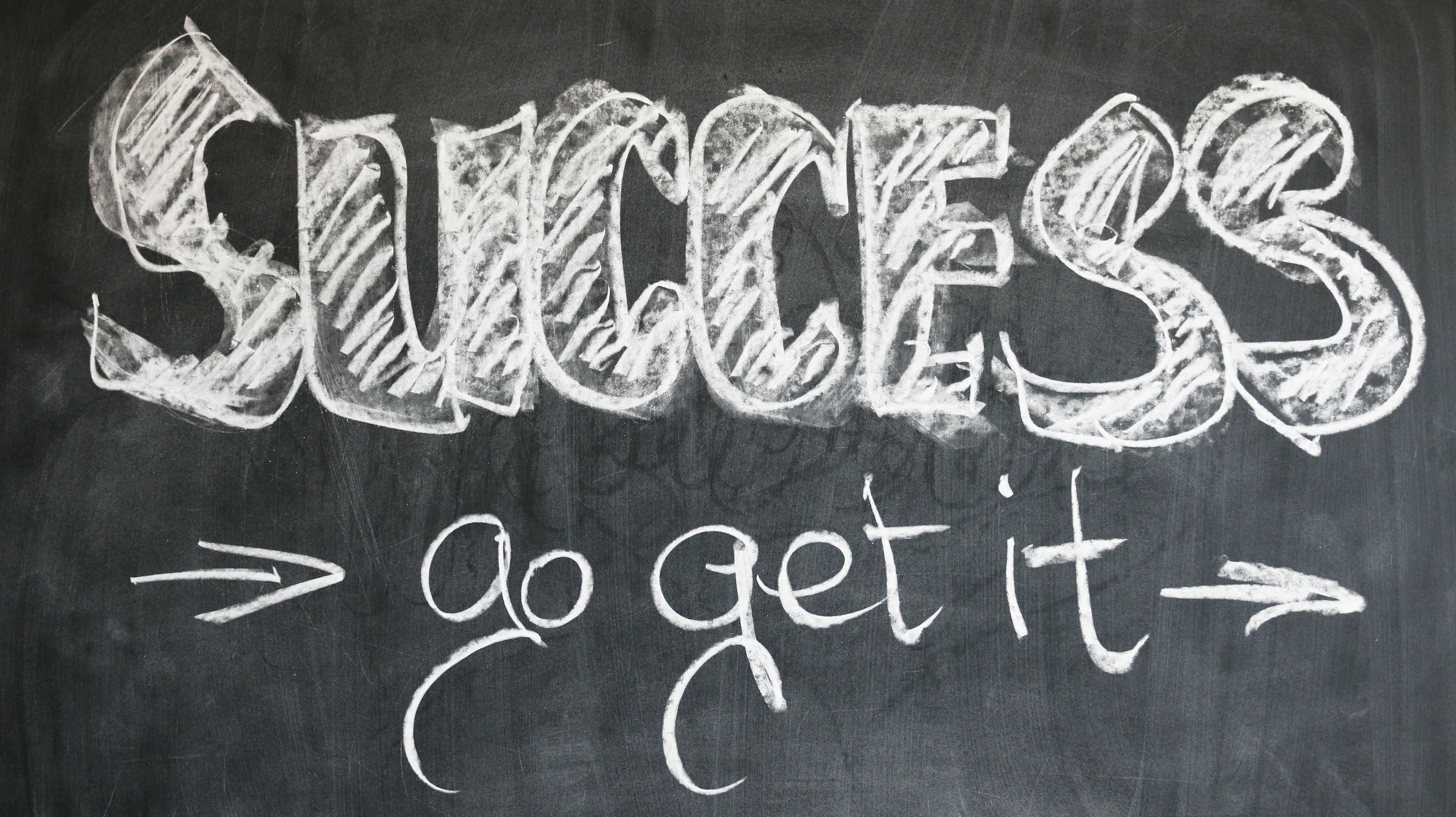It has been almost a month ago, but real fans will remember. It was a game for 45 minutes and then it wasn’t. I am talking about the Michigan, Ohio State rivalry football game played November 26, 2022. Up for grabs was the Big Ten Football Championship Game and a shot at being in the NCAA football playoffs.
As I watched the game, I thought about all those sales opportunities that were close to being won for 45 days and then, they weren't. Up for grabs was a sale that would make hitting goal ‘easier’ and a chance to be identified with the other top salespeople in the organization.
Here are the 10 key lessons to take from this game and apply to your life or the lives of your sales team as you / they pursue wining sales opportunities.
- Follow the game plan. Obviously, this requires that you and or your sales team have a milestone-centric sales process in place AND you have processes in place to manage execution of the sales process.
- Don’t panic. Things will go wrong.
- The prospect won’t always be completely honest with you about pricing, the competition, the budget, decision makers, timeline, commitment to take action or the decision-making process.
- Your backroom may not be able to underwrite / approve / support this type of sale in the fashion to which they are accustomed.
- The competitor may undercut your pricing or make other concessions to keep the business.
- Make sure you coach or get coaching every step of the way. It DOES NOT matter how many years you’ve been in the business. Great salespeople become great salespeople because they consistently hone their skills (practice) and they understand there are things that they don’t know.
- Be patient. You are not in control of the timing of the prospect’s process. You can do your best to influence timing by asking questions about the value of acting or the potential cost of waiting but, be patient and stick to your plan.
- Don’t be afraid, GO FOR IT! Get to decision makers, ask about budget, find out if the prospect will in fact leave their current provider if you solve their problem and /or provide a better solution.
- Keep track of everything. There isn’t anything that happened in the OSU / Michigan game (any competitive game) that isn’t tracked. The information / data you get helps you make better decisions within the overall framework of your sales process. Pre and post call planning and weekly huddles are effective tracking strategies.
- Stay clinically detached. This is easier to do when you have a plan. Remember SW3N. Some will, some won’t, so what, NEXT!
- Avoid feeling pressure to ‘score’ or win every sale by having a consistently full pipeline of opportunities.
- 9. Be discerning as to what you listen to from others. (The announcers were commenting early in in the game on how Michigan couldn’t win if they didn’t establish the ground game.) Michigan threw an 80-yard touchdown pass to go ahead 17-13). Lesson, take what the prospect gives you vs trying to force your game plan. Eventually MI did establish the ground game – stuck to game plan – and ou trushed OSU 252 yards to 143 yards.
- Be better than your competition.
You may not win every sale. But you have to be in the game every time you decide to move forward in your sales process AND it is critical that you have GREAT confidence that you will win BEFORE you present your solution. In other words, reviewing your game plan score card, you must have a 75% chance of winning before you present your solution. Anything less than that will make you vulnerable to think it overs, second guessing by the prospect, price adjustments by the competitor and loss of momentum by the buyer.




